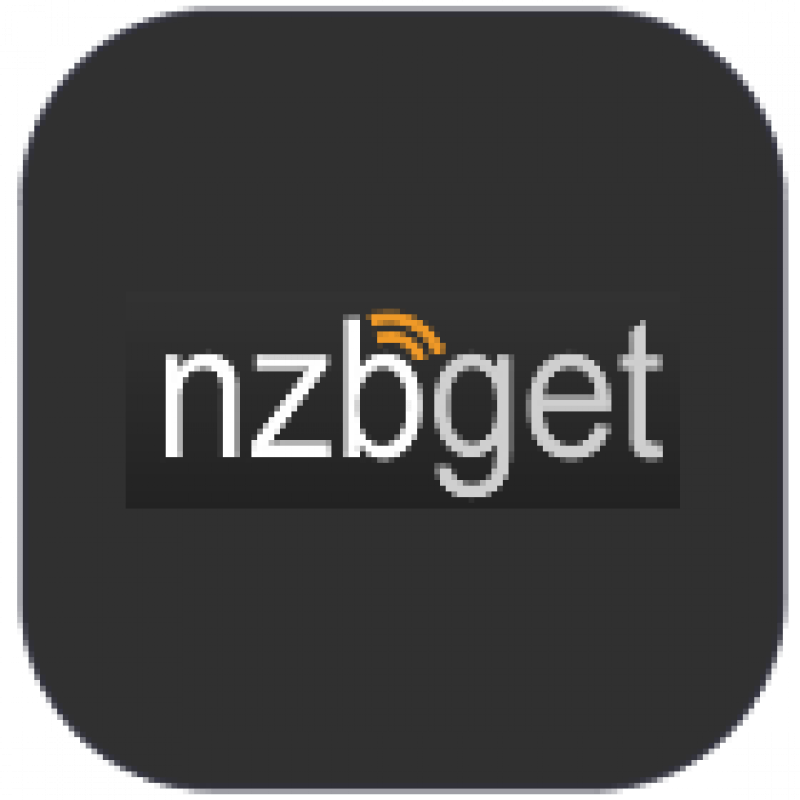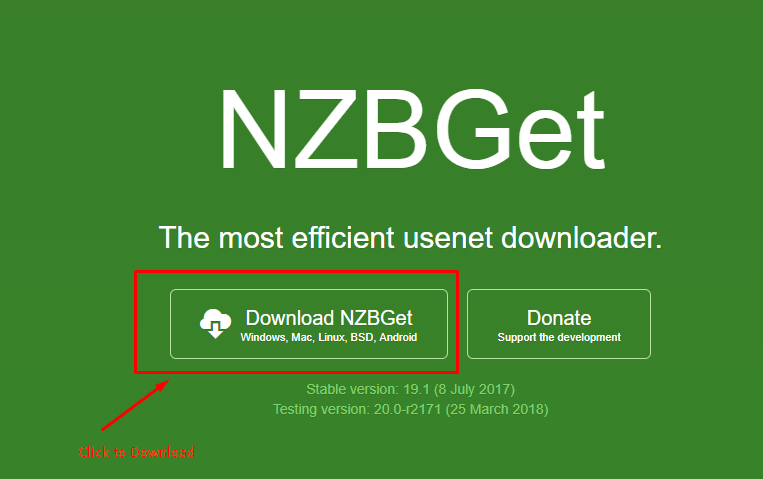
Nzb_unset() - Removes a variable previously set completely. Nzb_get() - Retieves NZB Meta information previously stored. Is used to build an nzb meta hash table which can be laterĪdd_nzb() - Using the built in API/RPC NZBGet supports, thisĪllows you to specify a path to an NZBFile which you want to Nzb_set() - Similar to the set() function identified above except it Unset() - This allows you to unset values set by set() and get() as well

Put here as well so that it can be retrieved by another If you enable the SQLite database, set content is You no longer need to work with environment get() can alsoīe used to fetch content that was previously pushed using Set()/get() - Hash table get/set attributes that can be set in one scriptĪnd then later retrieved from another. Push() - Pushes a variables to the NZBGet server. This is only useful during Post-Processing. Health_check() - Checks the status of the retrieved content, currently Validate() - Handle environment checking, correct versioning as wellĪs if the expected configuration variables you specified The following are some of the functionality that is built in for you: The entire framework was based on the information found here: It can also be adapted to support SABnzbd scripting! Thus any script you writeįor NZBGet users, you can also tweak to work with SABnzbd users too!įor the most up to date information and API, visit the wiki at.It greatly simplifies the handling of environment variables and interaction.Inside of every other NZBGet script such as file scanning. It provides some very useful functions that are always being re-written.
Nzbget setup code#
Then theįramework will look after returning a correct failure error code to NZBGet. By this I mean, your code can throwĪn except and it's traceback will be captured gracefully to logging.

It can preform very basic obfuscation support on filenames that can not be.Note: This can only happen if lxml is installed on your system. It contains a built in meta tag parser to extract content from NZB-Files.

However it is also compatible with SABnzbd users too! Initially designed to work with NZBGet and is backwards compatible with all previous versions (as far back to v11). Was to greatly simplify the development and debugging process. This provides a python framework to design NZBGet scripts with.


 0 kommentar(er)
0 kommentar(er)
